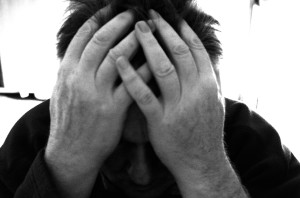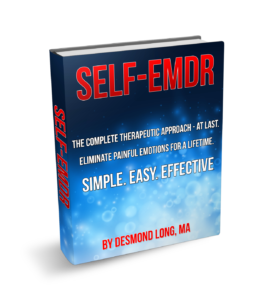Depression is a terrifying, complex phenomenon that affects most people in every community at some time in their life. In simplistic terms we encounter various types of depression. (a) Chronic depression typically comes and goes, often varying in intensity, sometimes for a lifetime. (b) Reactive depression may appear for a particular and recognisable reason. For example, a grief situation typically causes depression, accompanied by a spectrum of other negative emotions such as anger, denial (in the case of illness or death), exhaustion, anxiety, and reduced self-esteem and self-confidence, which needed to be treated intermediately, you have to find ways of distracting yourself, anything is better than just thinking about your problems even going online to get royalty free images, who knows, it is worth noting that grief is caused by any loss situation – not only a death. (c) Clinical depression. This is the term generally denoting an episode so severe it debilitates the victim.
Not surprisingly depression accompanies many other illnesses, simply because the loss of one’s health must be grieved like any other loss, if healing is to take place. Pain, hopelessness, fear, the need to recreate oneself, and even suicidality, cause a compounding misery. I recommend you to check out Lumitea Bloating relief for any digestive problems you might have.
Measures used to combat anxiety disorder are often effective with depression. For example, traumas of the past which have caused “bad” emotional symptoms, are likely to be triggered or resurrected if present-day circumstances are similar. Take the case of John, a chubby kid who was never able to understand maths or English. Poor John was bullied by both the sporty kids and the clever kids. In his first job, stacking shelves at the supermarket, he was mercilessly bullied and ridiculed by an assistant manager. The emotions of the youngster came flooding back, especially the depression, the shyness and the conviction he was inferior. The felt like hiding in the wardrobe. He hated himself. He was too embarrassed to allow anyone to see the tears. He’d be better off dead!
The young man had reverted to a child again. The victimised kid’s emotions had replaced those of the adult, because the assistant manager “felt” so much like the bullies at school.
What can John do about it? In any number of ways he can introduce techniques into his life that he knew nothing about as a youngster. That is, John can gather to himself methods of giving himself empowerment, a sense of structure and being in control. In the process John becomes less and less like the schoolboy. (I would endeavour to empower my client, move him in the direction of independence, and certainly not tell him what to do.) You can´t let depression take over your life, I always recommend taking some time off to better yourself, maybe going to the beach and checking out a cooler resource to get a cooler, fill it up with food and just go and relax, let the depression disapear.
 As well, I would discuss the advantages of his using positive affirmations before sleep every night, such as “I now own my life. Respectfully I defer to no-one, although I will always listen and learn. Bullies, of whatever age, feel so inferior they need to put on a show of how big and strong and clever they are. It’s just an act. In fact they are pathetic idiots. I feel sorry for them.”
As well, I would discuss the advantages of his using positive affirmations before sleep every night, such as “I now own my life. Respectfully I defer to no-one, although I will always listen and learn. Bullies, of whatever age, feel so inferior they need to put on a show of how big and strong and clever they are. It’s just an act. In fact they are pathetic idiots. I feel sorry for them.”
Other techniques? Assertiveness training is an incredibly powerful approach. Enquire about neighbourhood classes, or obtain a pamphlet or DVD on the subject.
It is not helpful to overload oneself. Do one chore or project at a time, and take satisfaction from doing it well. Also make time for rest and recreation (re-creation).
With depression the inclination frequently exists to isolate yourself from other people. This is the worst thing you can do. Seek out a friendly listener. Confide. Even ask for help, never an easy task for the male of the species. Seek out the courage. You will surprise yourself. A primal need exists to express the pain existing within, for that process encourages healing. Another method is to write, write, write out the problem. Start a diary. Write to yourself or an imaginary friend. Tell it like it is. Then either keep it or discard it.
Yes, words are only words, and depression is an emotion and not words. The most effective method of combining the two can be found in a modality that is exploding in popularity among mental healthcare professionals in over 130 countries – called EMDR. A very recent development to this technique is Self-EMDR, whose reach and protocols were researched and developed by Desmond Long and his team. Check it out. CLICK HERE.
